How to make friends in Fiji

1. The bigger the ‘Bula!’ the better
Bula is the first word you will learn in Fijian. It can mean hello, good, happy, goodbye, cheers, and much more. Be like the Fijians and say a strong and confident ‘Bula!’ when greeting someone.
2. Fijians love playing games and will want you to join in
One homestay at Nanuya is known amongst travellers for Grandpa, who loves playing Uno with guests. People I met knew so many fun party style games, and were really good at them too from so many nights playing. These included the games ‘Ping Pang Pong’, ‘This is the Witch’, and a hilarious game they called ‘Fruit’ where you were not allowed to expose your teeth while talking. If you can share a new game people will love that.
3. It’s polite to finish your food
Fijians might give you disapproving looks if you don’t finish your meal. Don’t worry though, you may not be able to eat everything if your stomach is upset or you’ve lost your appetite because of the heat, and people understand that.
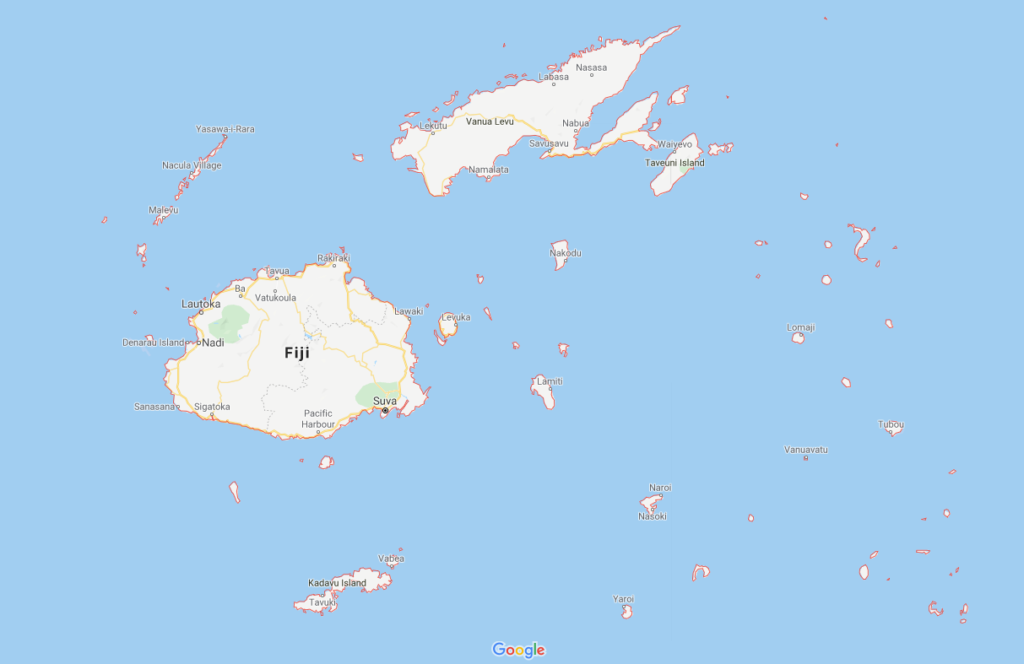
4. There will be a lot of singing
Many resorts will have a welcome song, a goodbye song, and will sit together after dinner to sing. If you’d like to share a song Fijians will definitely appreciate it.
5. Dress modestly
When visiting a local shop, village, or someone’s home you should cover your chest, shoulders, and legs at least to your knees. This applies to men and women. At the resort people won’t mind you wearing swimwear, but when you’re out and about do dress modestly.
6. Sarongs are for everyone and every occasion
All genders wear sarongs. Men will usually wear a black sarong and a colourful shirt, people dressed professionally for work will wear a black sarong with a company shirt, and children’s school uniforms include sarongs.
7. Take off your hat and sunglasses
Definitely take off your hat and sunglasses when greeting someone, entering a home, or walking through a local village.
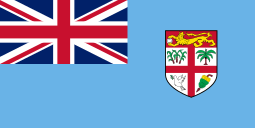
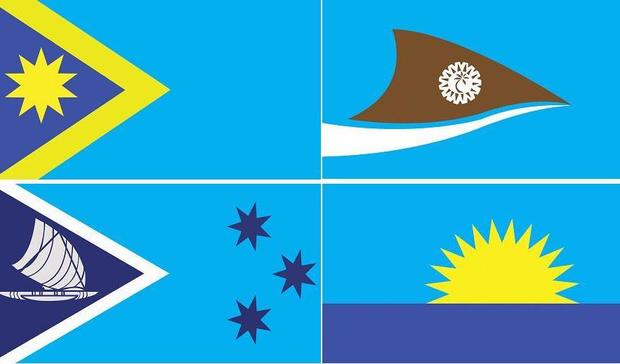
8. Embrace the Fiji Time
Fijians are very relaxed about schedules. It’s a great opportunity to unwind and let go of the anxious, fast-paced city lifestyle.
If you are pushy and rude about wanting something done quickly, Fijians won’t be shy about rolling their eyes at you and becoming disinterested in helping. You don’t need to be in such a rush, just accept it’s island life.
9. Sunday is church day
Pretty much everyone goes to church. If you’re invited to church do dress respectfully. For men, wear something down to your knees, and for women a sarong that covers down to your ankles is best. You’re being welcomed to a place that’s very special to local people and all they ask is that you dress modestly. It only takes a T-shirt and sarong.
10. Visiting villages
The village is a large family, and the whole village is like their home. Entering a village without being invited is like a stranger walking in to your home. You need to be invited to a village or brought there with a guide. At some resorts this rule may extend to the whole island, and you’ll be asked to only walk around the island if you are with a guide.
When visiting a village there are some other rules you will need to follow which your host will explain.
11. Be careful walking around people sitting on the ground
In Fijian culture it’s impolite to walk near someone who is sitting on the ground. If you are walking near them or stepping around them you should bow low and say ‘jilou jilou’. Most foreigners don’t know about this one, and Fijians are very understanding so they don’t worry about it for foreigners. But if you want to impress your host this is a good thing to know.
12. Kava ceremony
Kava is Fiji’s national drink. It has a peppery taste and makes your lips a bit numb. There is a ceremonial aspect to drinking kava which your host will teach you. It involves lots of slow, strong claps, and saying ‘Bula!’. Between drinks everyone plays a game, talks, or sings a song.
13. Everyone loves rugby
When Fiji’s rugby team is playing, expect everyone to be watching the tv. If you can talk about rugby, excellent.
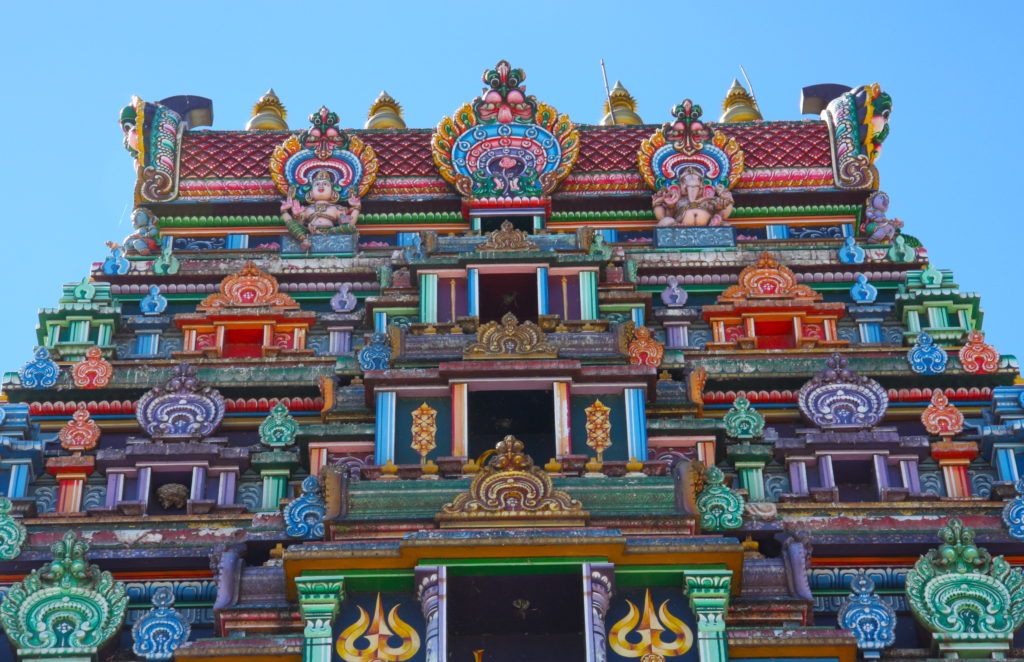
14. Words are pronounced differently to what you might think
The Fijian alphabet uses the same characters as English (minus a few), but the letters make different sounds.
For example Nadi is pronounced ‘Nahndi’, Nacula is ‘Nathula’, and Naqalia is ‘NUNG-gah-lia’.
15. There are many languages
Fiji has a standard language as well about 300 different dialects. Islands just a few hours from each other, and even villages on opposite sides of one island, can be using different dialects. There is also Fiji Hindi, spoken by Fijians of Indian descent. So if you learn Fijian words or phrases in one place you may not be able to use it at another.
16. Fijians will really appreciate you trying to learn more words than just ‘bula’ and ‘vinaka’
You can also use ‘kerekere’ which means excuse me for when you want someone’s attention. ‘Jilou jilou’ is excuse me for when you are reaching near someone to grab something or if you are walking near someone who is sitting on the ground. ‘Io’ (eeh-oh) is yes. If you want to know more, just ask!
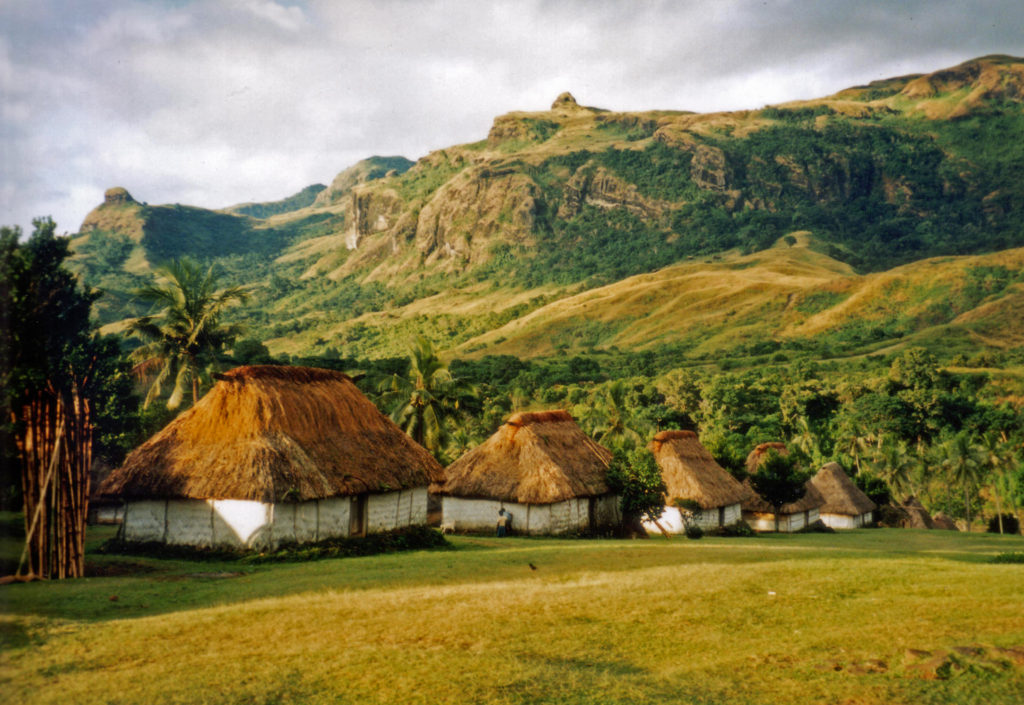
BONUS POINT:
Fijians have a very strong sense of family and community. People might tell you that you are now part of their family.
More about Fiji
Feature image attribution: Alex Kehr
